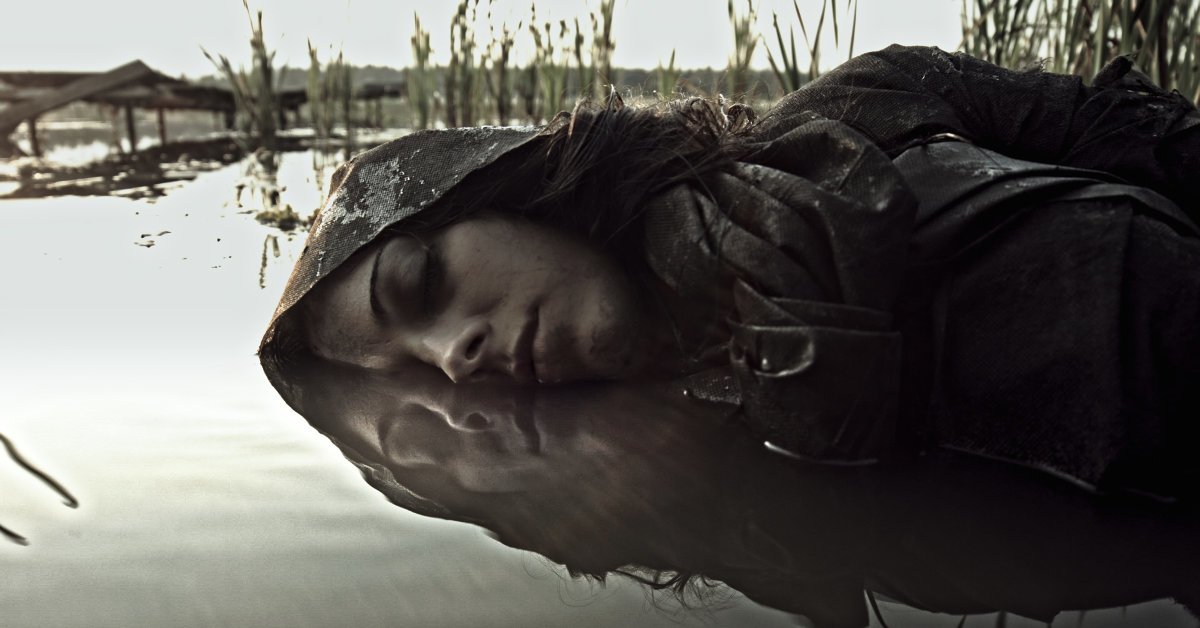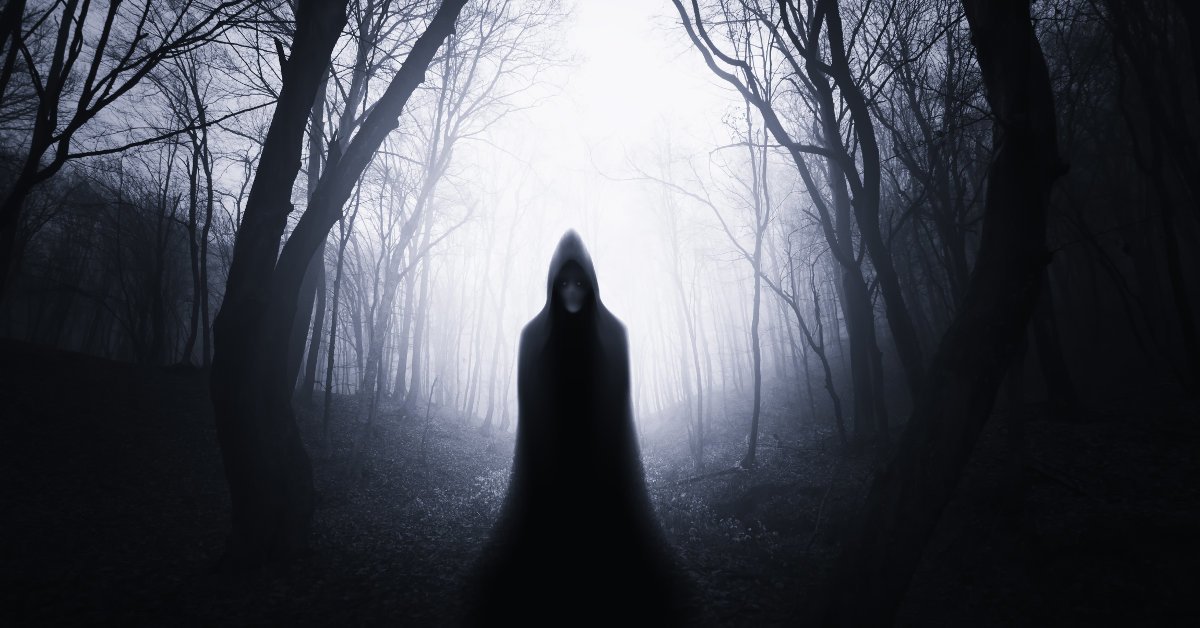Fallen

I cannot move any longer.
I slow.
Stumble.
Fall.
My eyes droop, and darkness seeps into my vision like moldering water. I try to look up, but I have so little energy left, and all I manage to do is scrape my too-pale skin against the sidewalk.
People pass by all around me. Like a dammed up river, they flow to either side, unwilling to acknowledge me as I lay on the ground, gasping for breath.
I don’t blame them. If our roles were reversed—if I were human instead of them—I would do the same.
My kind arrived on Earth almost two decades ago. We didn’t mean to stay. It was only supposed to be a stop during the long exile from our own world. We were malnourished, weak, and near death, and Earth was an unexpected paradise.
It was not our world, and we always told ourselves that when we were better, we would leave. But days turned into weeks, and weeks turned into months. We came to view Earth as our salvation, a gift from the gods of our ancestors and therefore ours by birthright.
We began to resent humanity. We were stronger, we reasoned, and more intelligent. Meanwhile, humans only ever seemed to take the Earth for granted. We decided to seize control. We told ourselves it was for their own good, but in truth, we were jealous—jealous of their abundance, jealous of the relative comfort and security they inherited by virtue of being born.
I crack my eyes open long enough to spy a woman standing over me, staring. I beg her with my eyes to have pity, but the hatred that blazes beneath her stern features is all too clear. She makes a grating sound in the back of her throat, then spits on me before moving on.
We were so confident, so sure we could win. But the humans were a proud race, and they refused to be ruled by outsiders. Hundreds of millions died, but in the end, victory was theirs. Those of us who survived fled deep underground, where the majority were hunted down like dogs and executed.
I myself survived for almost five years. But the humans, in their desire to root out every last one of us, released a toxin into the atmosphere: harmless for them, fatal for us.
That very poison flows through my veins, depriving me of the ability to breathe. I want to be angry at them, but I cannot. They were only defending themselves, and I’m unable to find fault with their actions.
We could have been better. Our own world had been conquered by an outside race, turning us into cosmic refugees. The ordeal should have made us more compassionate. Instead, we tried to do the same to Earth.
I consider the commandments of our people’s gods and how far we strayed from them before losing the war, and as my vision narrows and my heart stammers to an increasingly irregular rhythm, a wild terror grips me.
Soon, I will stand before those very same gods for judgement. And with the faces of all the humans I murdered flashing before my dying eyes, their horrifying verdict seems all too clear.
I wrote a companion piece to this called “Aftermath.” You can read it here.
Enter your email address and click "Submit" to subscribe and receive The Sign.
